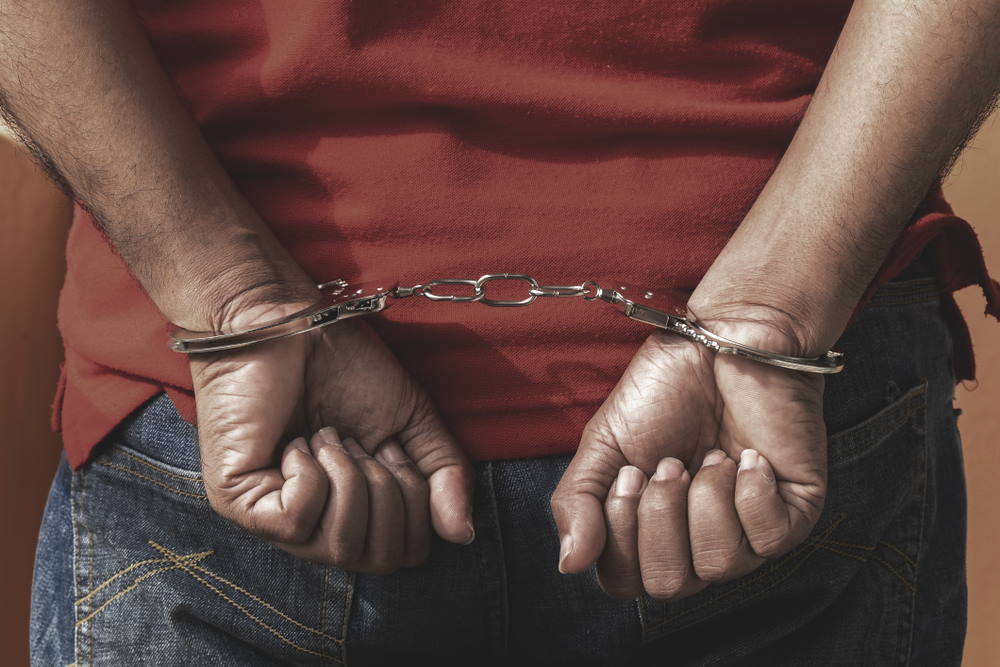The Social Justice Impact of Legal Cannabis
A new study has found that states where cannabis is legal or decriminalized have seen big decreases in racial disparity in drug arrests, a hoped-for result for those who support social justice. However, states that continue to prohibit marijuana have seen disparity stay the same or even increase.
Many proponents of legal cannabis say they support changing the laws because of the social justice impact. The hope is that legal cannabis will reverse the decades-long trend of higher arrest rates among Black people on marijuana charges.
One high-profile supporter is PBS travel host Rick Steves, who has written for years about the racial disparity in drug arrests. He noted that “well-off white guys in the suburbs can smoke pot” while people of color in poorer neighborhoods face a higher chance of going to jail.
The study authors also wrote that changes are needed in states without legalization. “The study findings suggest that increases in arrest rate disparities in states without legalization or decriminalization highlight the need for targeted interventions to address racial injustice,” they wrote.
The Study Looked at 43 States
The study focused on arrest outcomes in 43 U.S. states between 2008 and 2019. Researchers from Eastern Virginia Medical School and Saint Louis University worked on the study.
Overall, they saw a clear pattern emerge. In states that made cannabis legal, the number of arrests of black people fell by 561 per 100,000. There also were 195 fewer arrests of white people per 100,000.
Decriminalization led to 449 fewer arrests per 100,000 Black people and 117 fewer arrests per 100,000 white people.
The researchers wrote that legalization is not the only reason for the reduction. In many states, the trend began before legalization occurred and accelerated afterward. Decriminalization led to the steepest, most immediate drops in arrests in many states.
Disparity Grows in Non-Legal States
Even as social justice improved in states where cannabis is legal, it seemed to decline in states where cannabis remains prohibited. The racial disparity rate actually has grown in those states.
The study reported that states with no policy changes toward marijuana “showed no meaningful change in arrests for white individuals and an increase for Black individuals, thereby increasing the arrest rate disparity over time.”
They added: “Finally, and most important concerning public health implications, arrest disparities seem to have increased over time in states that did not have a cannabis policy change.”
The findings of the study support previous research that has found racial disparity in how law enforcement applies drug laws. Additionally, even states such as Virginia that recently made cannabis legal have seen steep declines in marijuana-related arrests at a rate higher than expected.
Success on social justice issues also provides another argument for legalizing cannabis at the federal level, or at least decriminalizing it. However, even with a lot of talk on the issue, Congress has not yet taken any action.




